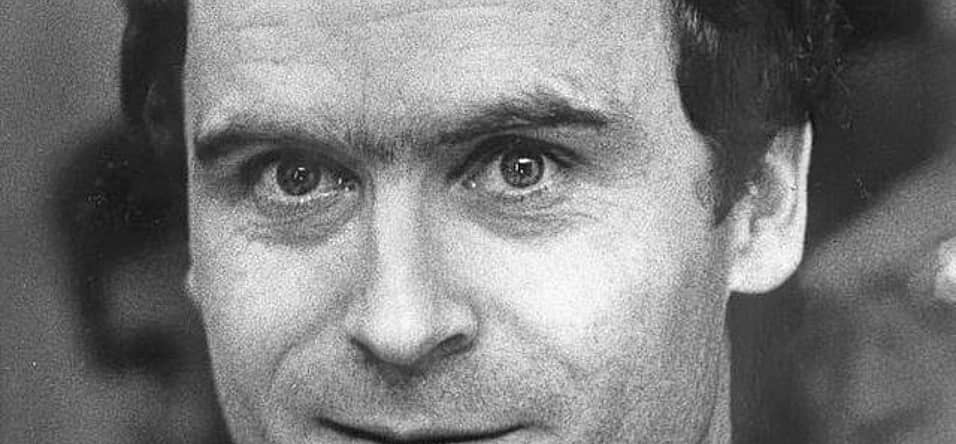
Ted Bundy's birthday
Ted Bundy is a name that often evokes a shiver down the spine, notorious for his heinous crimes throughout the 1970s. He was born on November 24th in Burlington, Vermont, and his life story reads like a chilling thriller, showing the darkest sides of human nature.
Ted Bundy’s Early Years
Raised in Philadelphia by his grandparents, Bundy’s family life was based on a lie. He was led to believe his mother was his sister, a facade to cover up his illegitimate birth. Even as a child, his fascination with the macabre hinted at the grim path he would take.
Despite the unusual start, Bundy was a bright student and had a social charm about him. He earned a psychology degree from the University of Washington and seemed to have a promising future, dabbling in politics and law.
Ted Bundy’s Double Life
Bundy led a double life; a law student by day, he was a pillar of his community, even volunteering at a crisis center. But when darkness fell, a predatory side emerged. He meticulously orchestrated a series of abductions and murders across multiple states, leaving a trail of sorrow in his wake.
His methods were cold and calculated. Often pretending injury to gain sympathy, Bundy would draw his victims into a trap before unleashing violence upon them. The premeditation and cunning of his actions were unsettling and profoundly disturbing.
The contrast between Bundy’s outward charm and his brutal crimes baffled the public and the investigators. He was often described as handsome and articulate, traits he exploited to trick his victims. This duality has been extensively analyzed by psychologists and criminologists alike.
Bundy’s Assistance to Criminal Profiling
In court, Bundy’s legal knowledge came to the forefront as he represented himself, a decision that gave him a platform but did little to sway the public’s view of him. The legal proceedings became a national spectacle, with many people tuning in to follow the developments.
One of the more intriguing aspects of Bundy’s legacy was his assistance with criminal profiling after he was captured. Before his execution, he offered insights to law enforcement on the mindset of serial killers, an ironic turn for a man who had so skillfully evaded police for years.
Bundy’s life came to an end in 1989 in the electric chair. He admitted to 30 murders, though the true count may never be known. He remains a subject of intense scrutiny, with his life story adapted into various media, all attempting to dissect the nature of his psychopathy.
The enduring lesson of Bundy’s tale lies in the recognition of the complexity of human nature and the understanding that evil can wear a deceptive mask.
Bundy’s life story has also influenced changes in how criminal investigations are conducted. This has led to highlighting the need for efficient communication between law enforcement entities.
Interesting Facts About Ted Bundy
Escape Artist: Bundy escaped from custody twice. His first escape was from a Colorado jail in 1977. The second, more daring escape occurred while he awaited trial.
Psychology Major: He graduated from the University of Washington with a degree in psychology, a field in which he excelled academically.
Volunteer at a Suicide Hotline: Interestingly, Bundy once worked at a suicide hotline in Seattle. Here, he showed his convincing and empathetic side.
Represented Himself in Court: During his trial, Bundy declined legal representation and chose to represent himself. This was clearly a sign of his confidence and arrogance.
Media Attention: His trials were among the first to receive extensive national television coverage. This made him a notorious figure in popular culture.
Confessions: Shortly before his execution, Bundy confessed to 30 homicides, although the actual number of his victims remains unknown.




